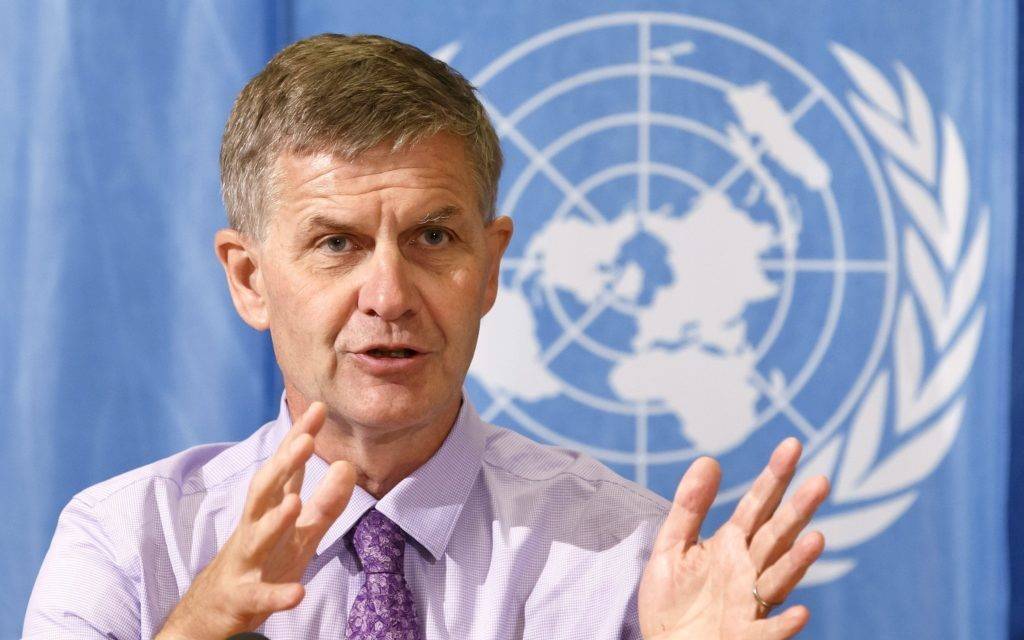
In a recent address during the Youth 20 (Y20) talk on climate action, the former Executive Director of the United Nations Environment Programme (UNEP), Erik Solheim, emphasized that India is particularly susceptible to the impacts of climate change due to its substantial population.
Solheim spoke about the global effects of climate change and emphasized India's vulnerability. He mentioned that the effects of climate change can be observed worldwide. He further explained that India, due to its large population and unique geographical characteristics, is more susceptible to the impacts of climate change compared to other regions.
The Y20 serves as an official platform for youth representatives from G20 member countries to engage in dialogue. Solheim emphasized that India faces environmental challenges similar to those affecting the entire planet, including widespread pollution, particularly in northern Indian cities such as Delhi. India has been grappling with the consequences of climate change, including the loss of natural resources, deforestation, and the threat of species extinction. Solheim highlighted similar concerns faced by both India and the United States, underscoring the urgent need for collective action.
Solheim drew attention to recent climate-related incidents worldwide and highlighted that there was massive pollution, especially in northern Indian cities like Delhi, which were highly polluted. He further emphasized that India was facing climate change and was vulnerable to its impacts. Additionally, both America and India were experiencing the loss of nature, the destruction of forests, and the extinction of various animal species.
Moreover, Solheim pointed out that the globe is witnessing unusually warm temperatures, affecting regions across the world. He mentioned the devastating flooding in Pakistan, massive wildfires in America and Europe, the wildfires in southern Europe last summer, and the severe flooding and drought events in China in previous years.
Highlighting China's efforts to combat climate change, Solheim commended the country's progress in transitioning to electric systems. He mentioned that China has taken the lead in electric vehicles, solar power, and wind energy. In fact, one in four cars sold in China last year was electric, and electric buses have become the norm in Chinese cities.
Solheim further noted positive developments in India, including the introduction of electric buses in many cities and the expansion of metro systems in 27 cities. He predicted that in the next decade, every new car sold in India would be electric, accompanied by a widespread network of charging stations.
The former UNEP Executive Director concluded by emphasizing the urgent need for global electrification and the adoption of sustainable energy systems. He encouraged other countries to follow China's lead in embracing electric vehicles and renewable energy sources to mitigate the environmental impacts of climate change.









